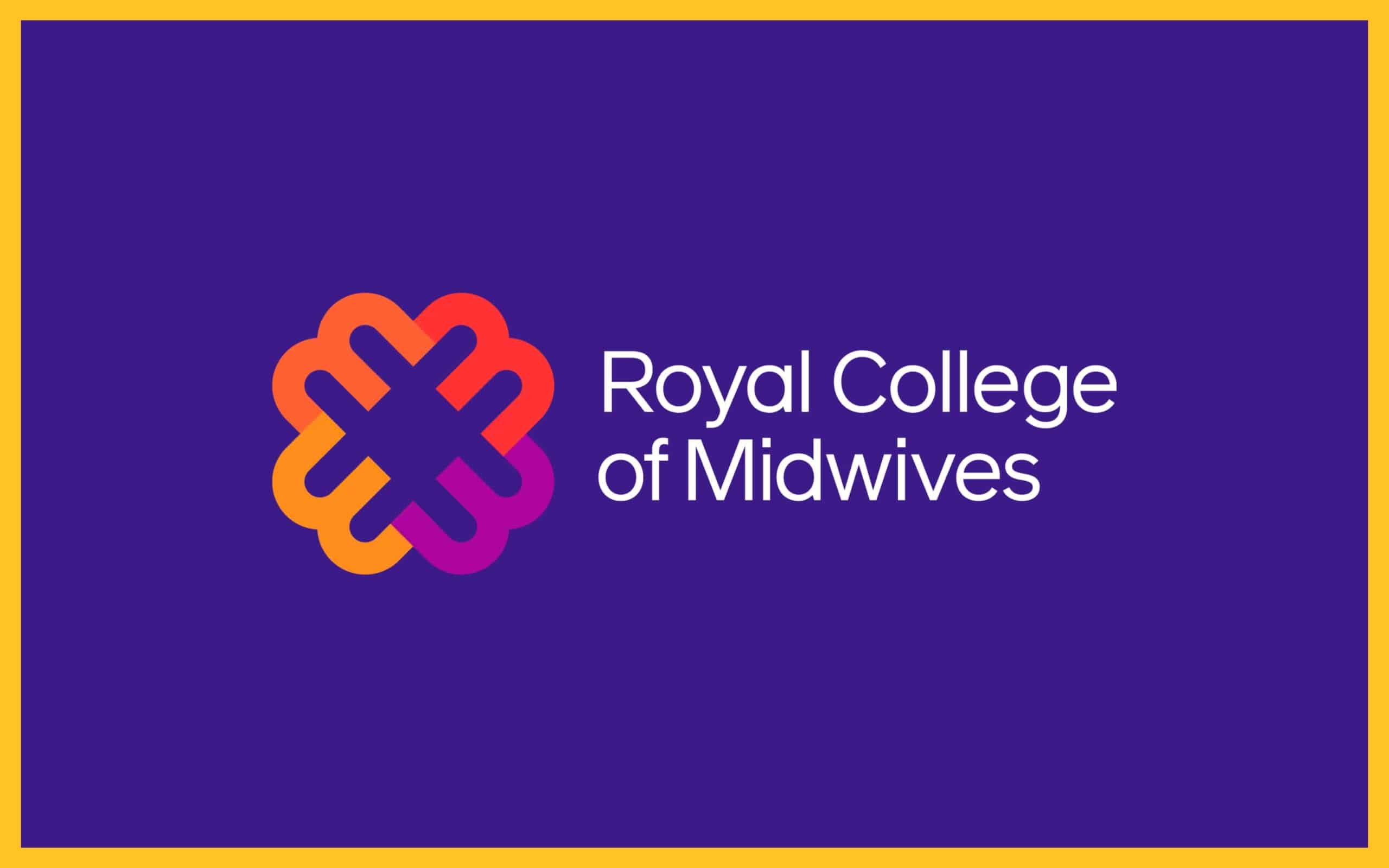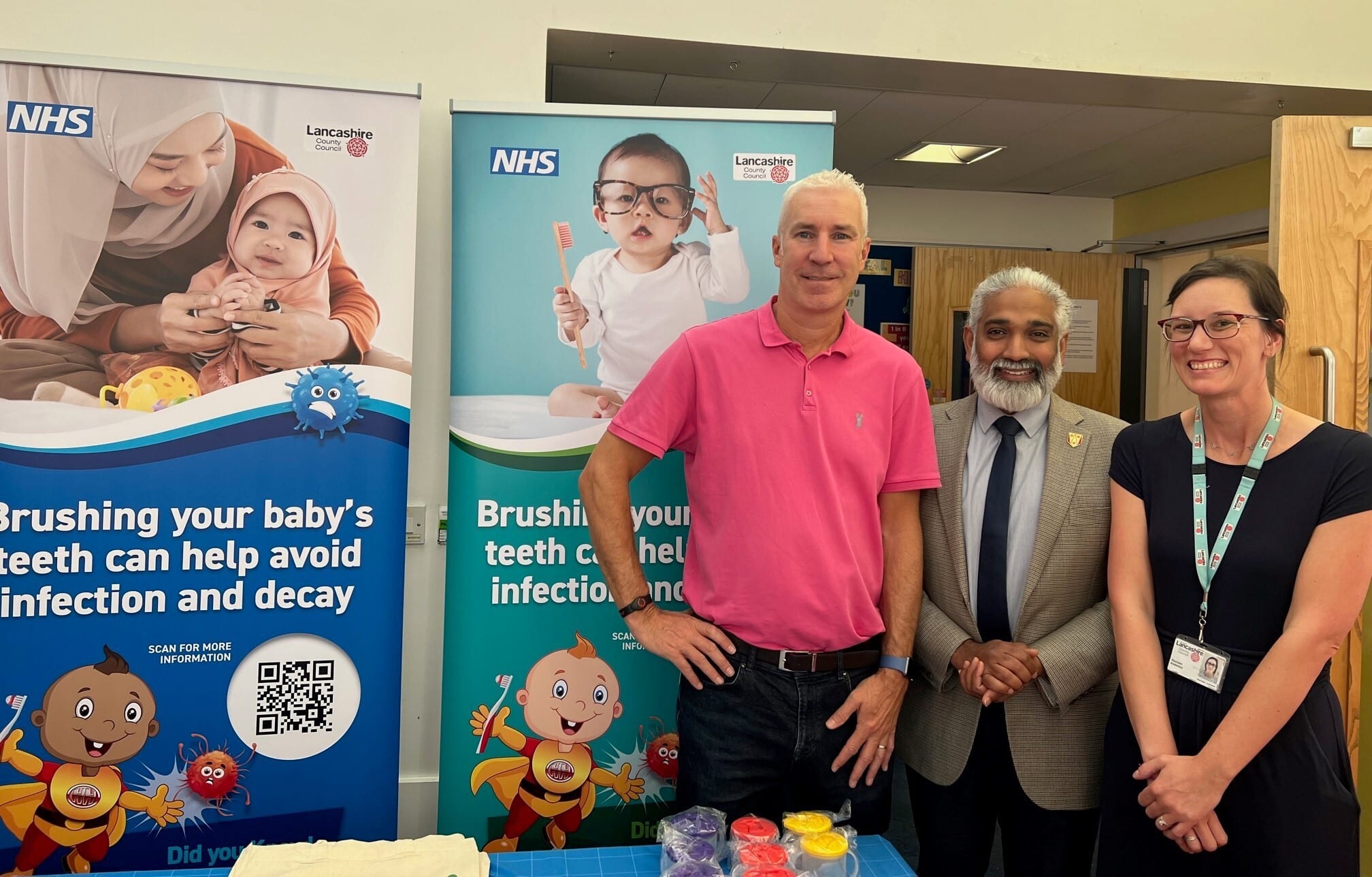Effective healthcare marketing requires a deep understanding of the needs, preferences, and behaviours of your target audience. However, in the complex world of healthcare, the target audience can include a wide range of stakeholders, including patients, caregivers, healthcare providers, policymakers, and advocacy groups. Each of these stakeholders has a unique perspective, and their insights are crucial to developing a campaign that resonates with the intended audience.
Stakeholder engagement also helps to build trust and credibility. By involving stakeholders in the campaign development process, you demonstrate a commitment to transparency, collaboration, and shared decision-making. This can help to build buy-in and support for the campaign and increase the likelihood of success.
Tips for Effective Stakeholder Engagement in Healthcare Marketing:
Identify Your Stakeholders: The first step in effective stakeholder engagement is to identify who your stakeholders are. This can include patients, caregivers, healthcare providers, payers, policymakers, advocacy groups, and others. Consider what each stakeholder group brings to the table and how they can contribute to the campaign.
Develop a Communication Plan: Once you have identified your stakeholders, you need to develop a plan for communicating with them. This can include regular meetings, email updates, newsletters, and other forms of communication. Be sure to tailor your communication to the needs and preferences of each stakeholder group.
Listen to Feedback: One of the most important aspects of stakeholder engagement is listening to feedback. This means actively soliciting input from stakeholders and incorporating their feedback into the campaign development process. This can help to ensure that the campaign is aligned with the needs and priorities of the intended audience.
Build Relationships: Effective stakeholder engagement requires building strong relationships with each stakeholder group. This means investing time and effort in getting to know each group, understanding their needs and priorities, and building trust and credibility over time.
Monitor and Evaluate: Finally, it’s important to monitor and evaluate the effectiveness of your stakeholder engagement efforts. This can include tracking engagement metrics, sharing feedback, and assessing the impact of the campaign on your target audience. Use this feedback to continually improve your stakeholder engagement strategy and refine your marketing campaigns over time.
Stakeholder engagement is a critical component of effective healthcare marketing. By involving all relevant stakeholders in the campaign development process, you can ensure that your campaigns are impactful, aligned with the needs and priorities of your target audience, and build trust and credibility over time.
Lancashire and South Cumbria ICB’s Primary Care ‘Right Person, Right Care’ Campaign is an example of stakeholder engagement in healthcare marketing. Recognising the importance of collaboration, together we actively engaged healthcare providers, patients, and policymakers to gain insights into the challenges and opportunities in Primary Care.
Are looking to understand your audience, progress your healthcare marketing campaigns, or even increase engagement? If so, get in touch 01282 858200 or health@creativeworld.co.uk



